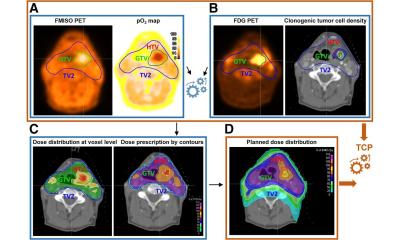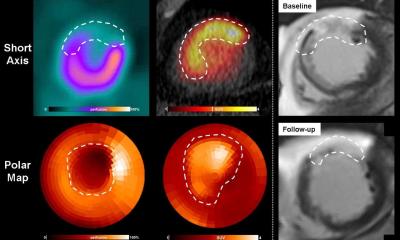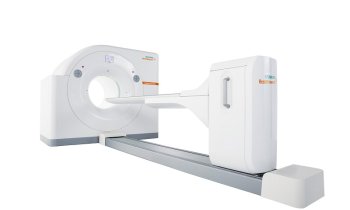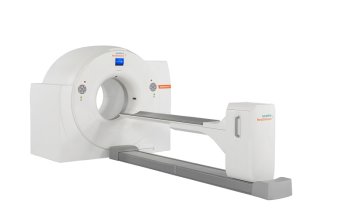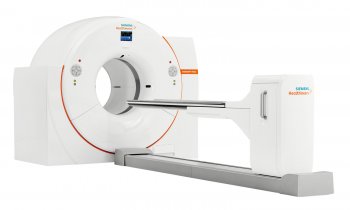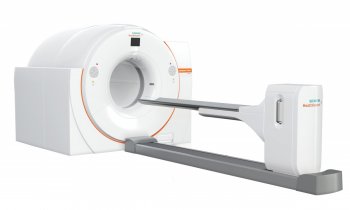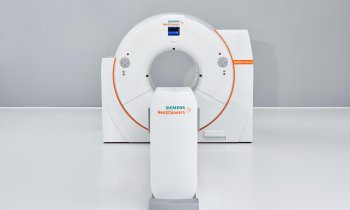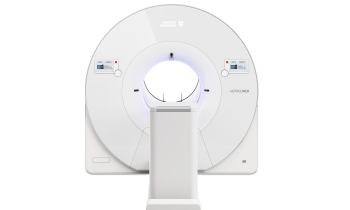Will there be a lack of radiopharmaceuticals?
The shortage of radiopharmaceuticals due to the planned shutdown of some nuclear reactors will now be discussed by the European Medicines Agency (EMEA). The European Commission (DG Enterprise and Industry) asked EMEA to analyse the extend and to develop potential approaches to address any problems.
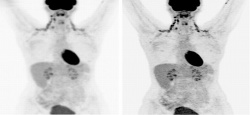
At present, there are shortages of radionuclides across the EU due to planned and unexpected shutdowns of some of the nuclear reactors that can produce them. This is affecting the supply of some radiopharmaceuticals, including generators.
Radiopharmaceuticals are medicines that either contain a radionuclide or are radiolabelled with a radionuclide before use. Generators are solutions of ‘parent’ radionuclides that can be supplied to specialised centres where they are used to produce a short lived radionuclide for radiolabelling. Radiopharmaceuticals are used in the diagnosis and treatment of a range of diseases. The most commonly used radiopharmaceutical is molybdenum (99Mo)/technetium (99mTc) generator.
The main trigger for the current shortage has been the temporary closure of the reactor at Petten, the Netherlands, which is one of the key European production sites of radionuclides. For technical reasons, the reactor could not be restarted in August after its shutdown and it is not expected to be operational again until the end of November at the earliest. Other reactors have also been closed for planned maintenance, limiting the supply of radionuclides in the EU.
Seven radiopharmaceuticals are approved centrally. Of these, three are radiolabelled in the hospital with a generator prior to their use, and four contain a radionuclide. The Committee for Medicinal Products for Human Use (CHMP) has analysed the impact of the current supply issue on these products. The Committee concluded, on the basis of the information currently available, that the radionuclide-containing products are not affected by the shortage. The Committee also concluded that, for those products that are to be radiolabelled before use and therefore could be indirectly affected by the issue of generator supply, alternative treatments or diagnostic procedures are available.
In addition, a large number of radiopharmaceuticals, including all 99Mo/99mTc generators available in the EU, are authorised by national competent authorities. The supply of 99Mo/99mTc generators is at present estimated to be reduced by 50%. In order to increase the supply of these 99Mo/99mTc generators, a possible solution would be for companies who make generators to make minor changes to their manufacturing processes to allow for other sources for the radionuclides. The EMEA has been working with Member States (MSs) and marketing authorisation holders in order to facilitate prompt amendments of the national marketing authorisations for this alternative manufacturing process of the active substance. An ad-hoc procedure using the work-sharing concept for the scientific assessment has been put in place and successfully completed by the CMD(h), the co-ordination group for mutual recognition and decentralised procedures for human products. MSs will now have to introduce the necessary amendments to the national authorisations.
The EMEA, in collaboration with the European Commission and the Heads of Medicines Agencies, is continuing its analysis of the current situation with respect to all radiopharmaceuticals authorised in the EU, and will communicate at a later stage on any further steps taken.
08.10.2008



